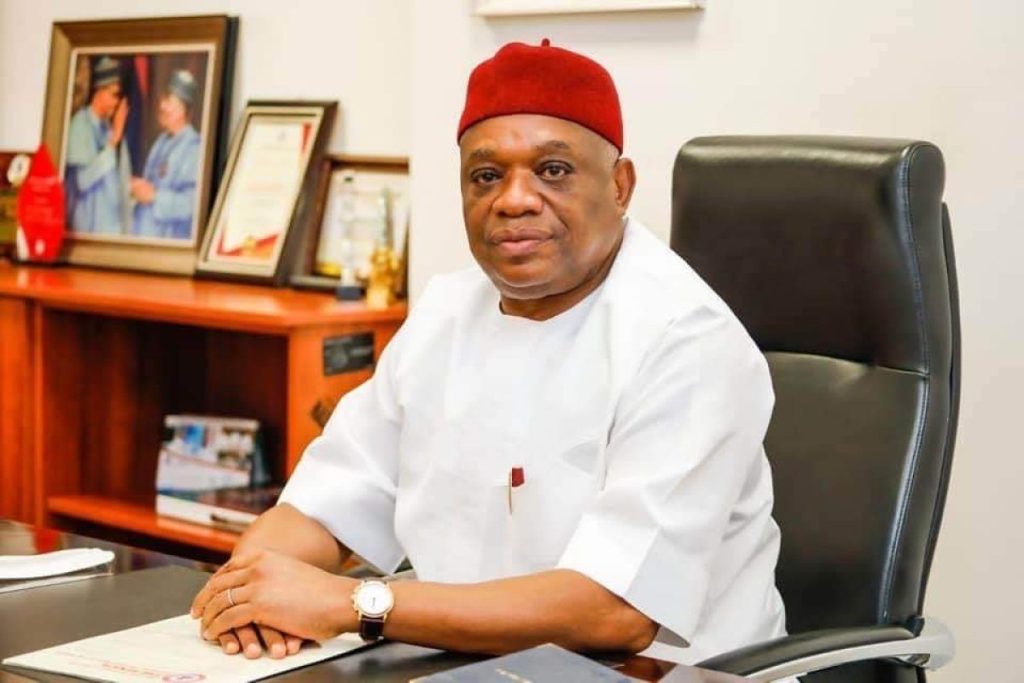Amid growing concern over Nigeria’s rising debt profile, Senator Orji Uzor Kalu has defended the federal government’s borrowing strategy, warning that without external loans, the economy could collapse.
Speaking on Monday’s edition of Channels Television’s Politics Today, the former Abia State Governor said, “If this economy does not borrow, it will collapse. That’s the truth. That’s where we are.”
Responding to criticism of the National Assembly’s role in approving executive loan requests, Kalu insisted that lawmakers maintain oversight.
“Of course, the Committee on Foreign and Local Debt scrutinises the requests. I’m not on that committee, but they do the groundwork. For me, the National Assembly has done its job,” he explained.

‘Not a Rubber Stamp’
In April 2025, Nigeria repaid the $3.4 billion IMF loan secured during the COVID-19 pandemic under the Rapid Financing Instrument. However, it continues to pay around $30 million annually in Special Drawing Rights (SDR) charges.
Despite this, the government plans to borrow an additional $26 billion between 2025 and 2026 to cover deficits and stimulate growth—a move that has drawn accusations that the National Assembly merely rubber-stamps executive proposals.
Kalu dismissed such claims, stating, “Anything passed in the National Assembly has followed the proper legislative process. Once it runs its course, I’m satisfied—that’s lawmaking.”
He rejected suggestions that lawmakers were not performing their oversight duties and pointed to the recent tax bill as proof of their diligence.
“We are very thorough. People just want to see us fight the executive. But we’re adults. We can’t fight. We use mechanisms in the national interest,” he said.
Kalu praised the Senate’s detailed review of the tax bill, saying, “The day we passed the tax bill, I went to the Senate President’s house to congratulate him. We worked into the evenings—seven, six o’clock—reviewing it clause by clause. That’s not what a rubber stamp does.”
‘Nigerians Still Suffering’
Kalu also acknowledged the hardship many Nigerians face following the 2023 removal of fuel subsidies and the floating of the naira. While he commended President Bola Tinubu’s reform agenda, he admitted the benefits had yet to reach ordinary citizens.
“The macroeconomic side is improving, but the grassroots still suffer. They’ve yet to feel the effects of President Tinubu’s reforms,” he said.
He blamed slow economic recovery on widespread insecurity, which has disrupted farming and other productive activities.
“It’ll take another year or two before the changes are fully felt. Some people around President Tinubu should be relieved of their positions,” Kalu added.


 Trending
Trending 